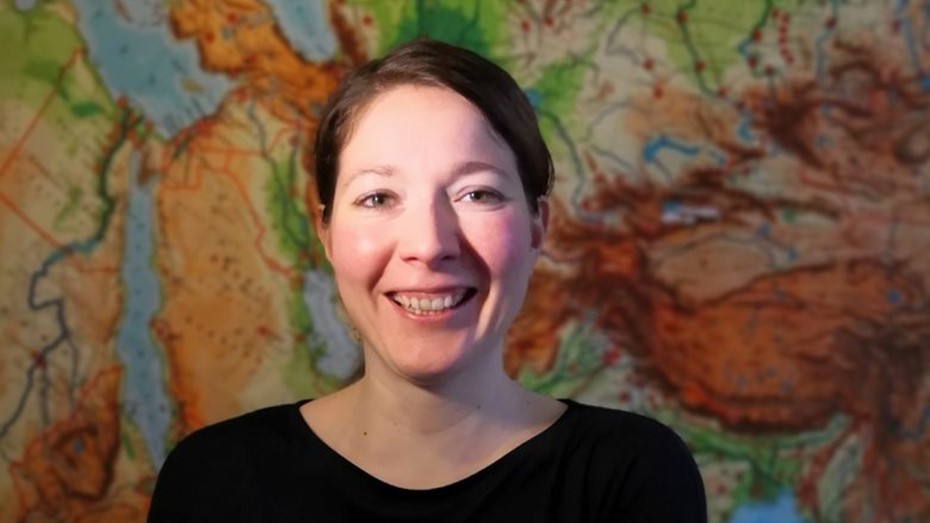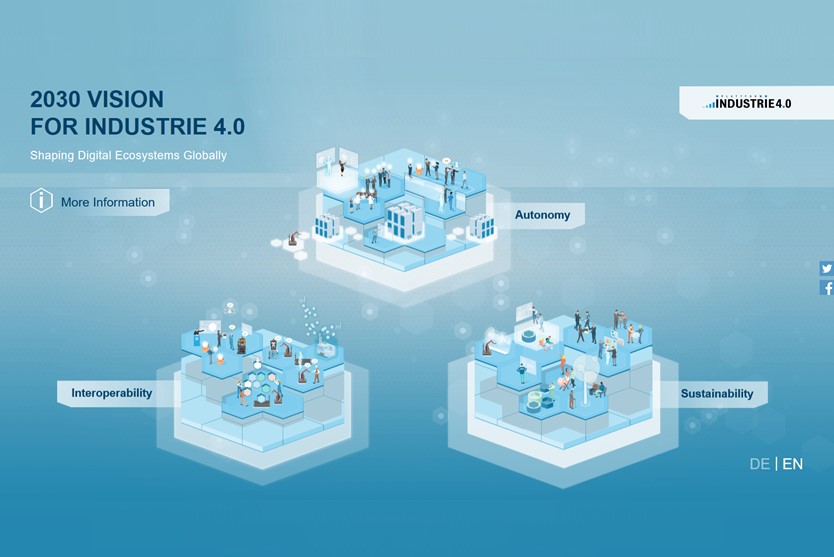
Julia Görlitz
1. What motivated you to become active in politics?
My geography teacher, himself a career switcher, inspired me with his teaching methods which were quite unconventional for the time. Like many at my school, I studied geography. I graciously declined a lecturer's suggestion that I specialise in economic and human geography. Deciding instead to focus on soil science, I chose to search for Bronze Age settlements in Tajikistan for my Master's thesis, along with the German Archaeological Institute. And I found what I was looking for!
People who advocate for a linear career and life path might say that this was the wrong decision. What drove me, however, was curiosity, the fun I got out of doing things myself and a sense of achievement, no matter the field. And wonderful companions who saw potential in me that I didn’t see at the time. In the end, it was the desire for discovery that brought me to IG Metall and the Working Group on "Work, Education and Further Training".
2. You took over the leadership of the working group during the coronavirus pandemic. What does the current crisis mean for the future of work and training?
I think the shared experience during the pandemic has shown that many things have become possible which were hardly imaginable before. Although we all wish for more “normality” again, I am convinced that our understanding of normality has already changed. The debates about business trips, remote working and occupational health - to name just a few topics - have taken on completely new dimensions, and demands have also changed. Many employees’ technical equipment has improved immensely. There are also many opportunities here for the time after the pandemic, not least for digital education formats. This is why I’d like to examine these questions in the Working Group. What new practices are we consciously going to continue, once the pandemic is over? What does the Corona crisis mean for the current generation of trainees?
It is quite paradoxical: through the many video conferences, I gain insights into areas of many people's lives that are otherwise reserved for friends and family. I know their children and often their living rooms. At the same time, it’s becoming clearer that trusting relationships in the virtual space can only develop with a great deal of mutual commitment and will. I am glad to have found exactly that among the members of our Working Group. On this basis, we have given ourselves a foundation of values with our new Charter for Learning and Working in Industry 4.0. Given the difficult situation created by the pandemic, this is an amazing collective achievement.
3. What does lifelong learning mean to you?
Learning is as much a part of my life as eating and sleeping. It is as natural as it is pleasurable. That's why I like the image of the "learning journey" so much. While I am primarily interested in learning "across the board" in my private life, the short-term added value of what I have learned is of decisive importance in my professional life. Nowadays there is an impression that we no longer have time for detours. I think this assumption is wrong. Now more than ever, we need a new learning culture, more entrepreneurial spirit, the strength to innovate and the willingness to deal with new topics.
Having a worthwhile destination is hugely motivating for the learning journey. Right now, we don't know exactly where Industry 4.0 will take us and how best to prepare for the journey, i.e. what follow-up qualifications we need. The members of our Working Group bring enormous knowledge and experience to provide answers to the question of future skills. My wish is to communicate our knowledge in a comprehensible and catchy way with strong images. We also need to encourage those who assumed that their learning journey had come to an end after education.
I know many people, especially in travel-obsessed Germany, who are disappointed that they have to postpone their well-deserved and long-awaited holiday due to the pandemic. The good news, however, is that there are no restrictions whatsoever on "learning trips". Quite the opposite: not least thanks to digitalisation, unimaginable treasures of knowledge can be unearthed - and 24/7 from the comfort of your own living room. Or from the beach. Thanks to New Work.



